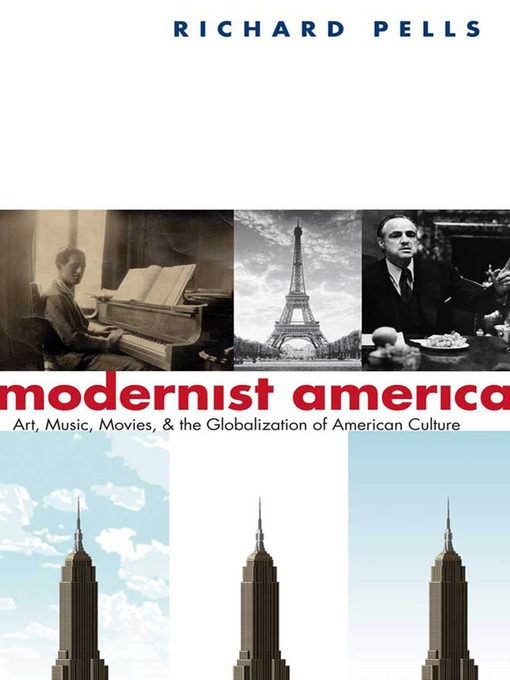America's global cultural impact is largely seen as one-sided, with critics claiming that it has undermined other countries' languages and traditions. But contrary to popular belief, the cultural relationship between the United States and the world has been reciprocal, says Richard Pells. The United States not only plays a large role in shaping international entertainment and tastes, it is also a consumer of foreign intellectual and artistic influences.
Pells reveals how the American artists, novelists, composers, jazz musicians, and filmmakers who were part of the Modernist movement were greatly influenced by outside ideas and techniques. People across the globe found familiarities in American entertainment, resulting in a universal culture that has dominated the twentieth and twenty-first centuries and fulfilled the aim of the Modernist movement—to make the modern world seem more intelligible.
Modernist America brilliantly explains why George Gershwin's music, Cole Porter's lyrics, Jackson Pollock's paintings, Bob Fosse's choreography, Marlon Brando's acting, and Orson Welles's storytelling were so influential, and why these and other artists and entertainers simultaneously represent both an American and a modern global culture.


